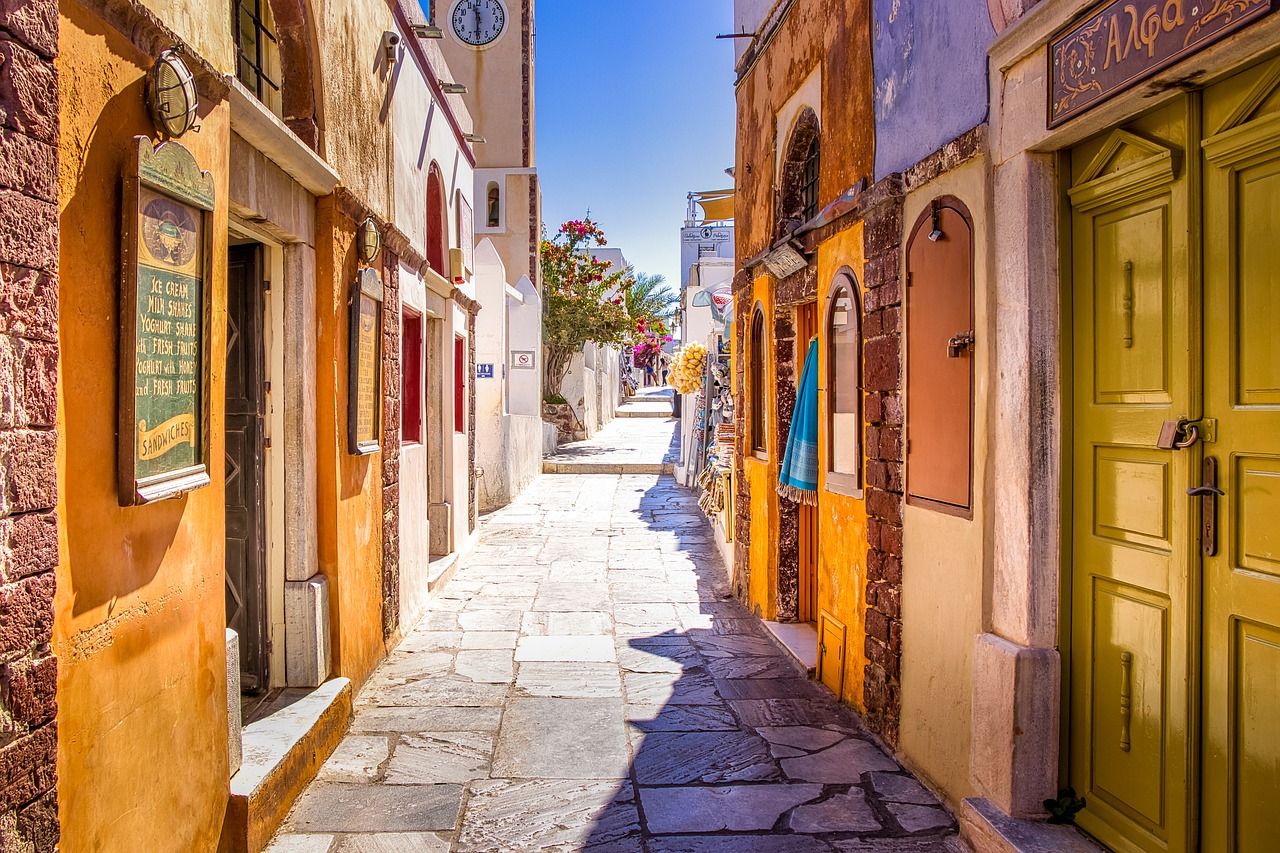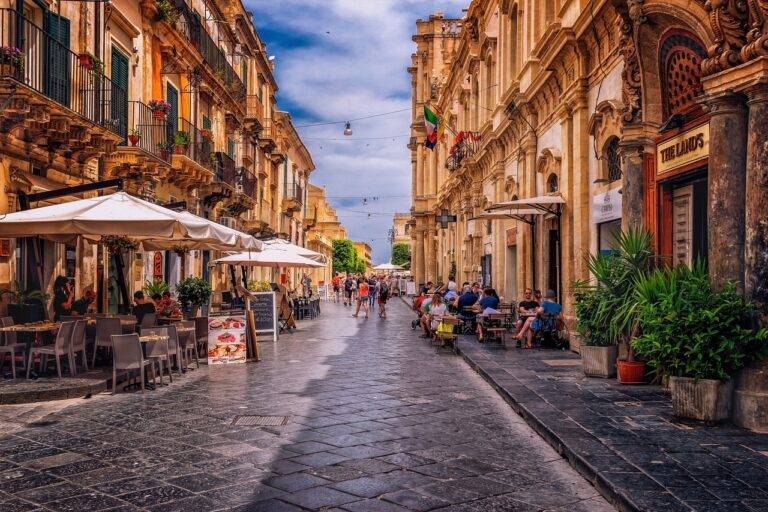Traveling Ethically in Developing Countries: Supporting Local Communities and Economies
Tourism, a significant economic driver for many developing countries, has the potential to bring about both positive and negative impacts on local communities. The influx of tourists can create job opportunities and generate income for local businesses, boosting the overall economy. However, the rapid expansion of tourism infrastructure can also lead to environmental degradation and cultural homogenization, eroding the authenticity of the destination.
Furthermore, the unequal distribution of tourism benefits among local populations can exacerbate socio-economic disparities within developing countries. While tourism revenue may flow into the hands of a few businesses or individuals, many residents in host communities may struggle to access the economic benefits of tourism. This imbalance can deepen existing inequalities and create tensions between locals and the tourism industry, highlighting the complex and multifaceted nature of tourism’s impact on developing countries.
Respecting Local Culture and Customs
When traveling to a new destination, it is essential to take the time to learn about and respect the local culture and customs. Each community has its own set of traditions and values that should be acknowledged and honored by visitors. By embracing and immersing oneself in the local way of life, tourists can show their appreciation for the host country and its people.
Respecting local customs also involves being mindful of appropriate behavior in different cultural settings. This could mean dressing modestly in religious sites, following certain dining etiquette, or refraining from certain gestures that may be offensive to the locals. Adhering to these cultural norms not only demonstrates respect but also helps to create a more positive and harmonious interaction between tourists and the local community.
Why is it important to respect local culture and customs when visiting a new country?
Respecting local culture and customs shows appreciation for the community you are visiting and helps to maintain the integrity of their traditions.
How can I educate myself on the customs of the country I am visiting?
You can research online, read guidebooks, or ask locals for information on the customs and traditions of the country you are visiting.
What are some common customs that tourists should be aware of when visiting a new country?
Some common customs to be aware of include dress codes, greetings, dining etiquette, and religious practices.
How can I show respect for local culture while traveling?
You can show respect by learning a few phrases in the local language, dressing modestly, and asking permission before taking photos of people or religious sites.
What are the benefits of respecting local culture and customs while traveling?
Respecting local culture can lead to more meaningful connections with locals, a deeper understanding of the country you are visiting, and a more enriching travel experience overall.





